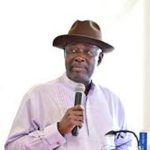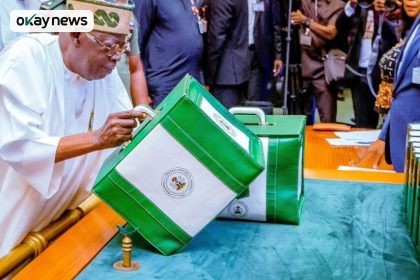The Federal Government has announced that Mathematics is no longer a compulsory subject for senior secondary school students in the Arts and Humanities when seeking admission into Nigerian universities and polytechnics.
The new policy, revealed on Tuesday by the Federal Ministry of Education, applies to the Senior School Certificate Examination results conducted by both the West African Examination Council (WAEC) and the National Examination Council (NECO).
For decades, admission seekers in the Arts and Humanities have been required to obtain five credits, including Mathematics and English Language, just like their counterparts in Science and Social Science disciplines.
However, according to the Ministry, this policy has now been revised to remove unnecessary barriers while maintaining academic quality and standards.
In a statement by the spokesperson for the Ministry, Folasade Boriowo, the “revised National Guidelines for Entry Requirements into Nigerian Tertiary Institutions” outline specific subject requirements for different categories of tertiary institutions.
The statement reads in part:
“Universities: Minimum of five credit passes in relevant subjects, including English Language, obtained in not more than two sittings. Mathematics is mandatory only for Science, Technology, and Social Science courses.
“Polytechnics (ND Level): Minimum of four credit passes in relevant subjects, including English Language for non-science courses and Mathematics for science-related programs.
“Polytechnics (HND Level): Minimum of five credit passes in relevant subjects, including English Language and Mathematics.
“Colleges of Education (NCE Level): Minimum of four credit passes in relevant subjects, with English Language mandatory for Arts and Social Science courses, and Mathematics required for Science, Vocational, and Technical programs.”
According to Okay News, the Federal Government emphasized that the reform will enhance access to tertiary education and provide equal opportunities for students pursuing non-science disciplines.
An education analyst, Ayodamola Oluwatoyin, commended the development, describing it as a “brilliant step that will open more doors for admission seekers.”
Minister of Education, Dr. Maruf Tunji Alausa, also hailed the reform, noting that it was a “deliberate effort to make tertiary education more inclusive and accessible to all qualified students.”
He added that the new framework aligns with the government’s broader goal of modernizing Nigeria’s education system and addressing systemic barriers that have limited student progression in the past.
Further details are expected to be released by the Ministry in the coming days.







